By Laura Owens, Ph.D., CESP
The COVID-19 pandemic has forced us to change the ways we support students with disabilities in exploring careers and building skills. Students have been forced to navigate learning virtually, educators have been asked to learn new technology quickly, and employment service providers must provide services without the benefit of onsite instruction or job sites. However, this disruption can also be seen as a disguised opportunity to make a change – to reimagine how we support job seekers with disabilities in our new world.
The pandemic has created “new rules” for how we interact with each other safely. We must teach these new rules to the job seekers we support. This includes showing the potential impacts of personal contact in spreading the virus (use cheese puff dust), finding new and fun ways to greet each other and practicing the 6-feet rule. (see Coronavirus: Clear and Simple htpps://wwwtranscen.org/clear-and-simple-coronavirus-saftey-guide/). Next, we need to consider an individual’s COVID-Needs Assessment, including determining risk factors, current comfort level, what’s hard right now, what is missing from their life, what supports do they need to feel safe in the community? Making safe interactions a priority will have benefits in the workplace.
Isolation is one of the biggest challenges of the pandemic, but we can utilize the internet to connect people in meaningful ways. All of us have gotten used to being with others via platforms like Zoom or Teams. Consider more purposeful meetings like virtual job clubs, or social events like “café quarantine”. Begin or continue work preparation through virtual Skills to Pay the Bills sessions (using ODEPs curriculum). Virtual Community Conversation are a great way to bring stakeholders together to brainstorm creative solutions to stubborn problems.
Employers have also been hit hard by the pandemic and may not see ways they can continue to support work experiences like they did previously. Partner with those businesses to arrange virtual informational interviews, virtual job fairs, virtual job shadows and tours using a Go Pro camera or Face Time. You may find this virtual connection actually expands the types of jobs you have access to. Be sure to have students ask about the skills they should be practicing at home that will be needed on the job site. Also consider using this time to forge new alliances with local businesses and community groups so career development can be more effective for students post COVID.
At some point the pandemic will ease and we will be able to resume in-person career development activities. The challenge is doing so safely. If able move to hybrid activities that include some in person experiences and some virtual skill building. Through these activities you can create diversified career development to include shipping and stocking, trades and STEM skills, IT/tech support, remote work and manufacturing.
And don’t forget that postsecondary education is an option for people with intellectual and developmental disabilities. Many of these programs have put a strong focus on career development and independent living skills. Inclusive U at Syracuse University has combined virtual and in person career development activities to create an environment that supports students and families. The future in post-secondary education will be looking at increased expectations in navigating technology, employment training focusing on computer literacy and increased opportunities for virtual training.
The COVID-19 pandemic has presented many challenges and taught us many lessons. We can view this as a hole to dig out of or as an opportunity to emerge from the pandemic better able to support students with disabilities to realize their dreams. Now is the time to hit our refresh button and focus on new solutions! Remember “What lies behind us and what lies before us are tiny matters compared to what lies within us.” – Ralph Waldo Emerson –

